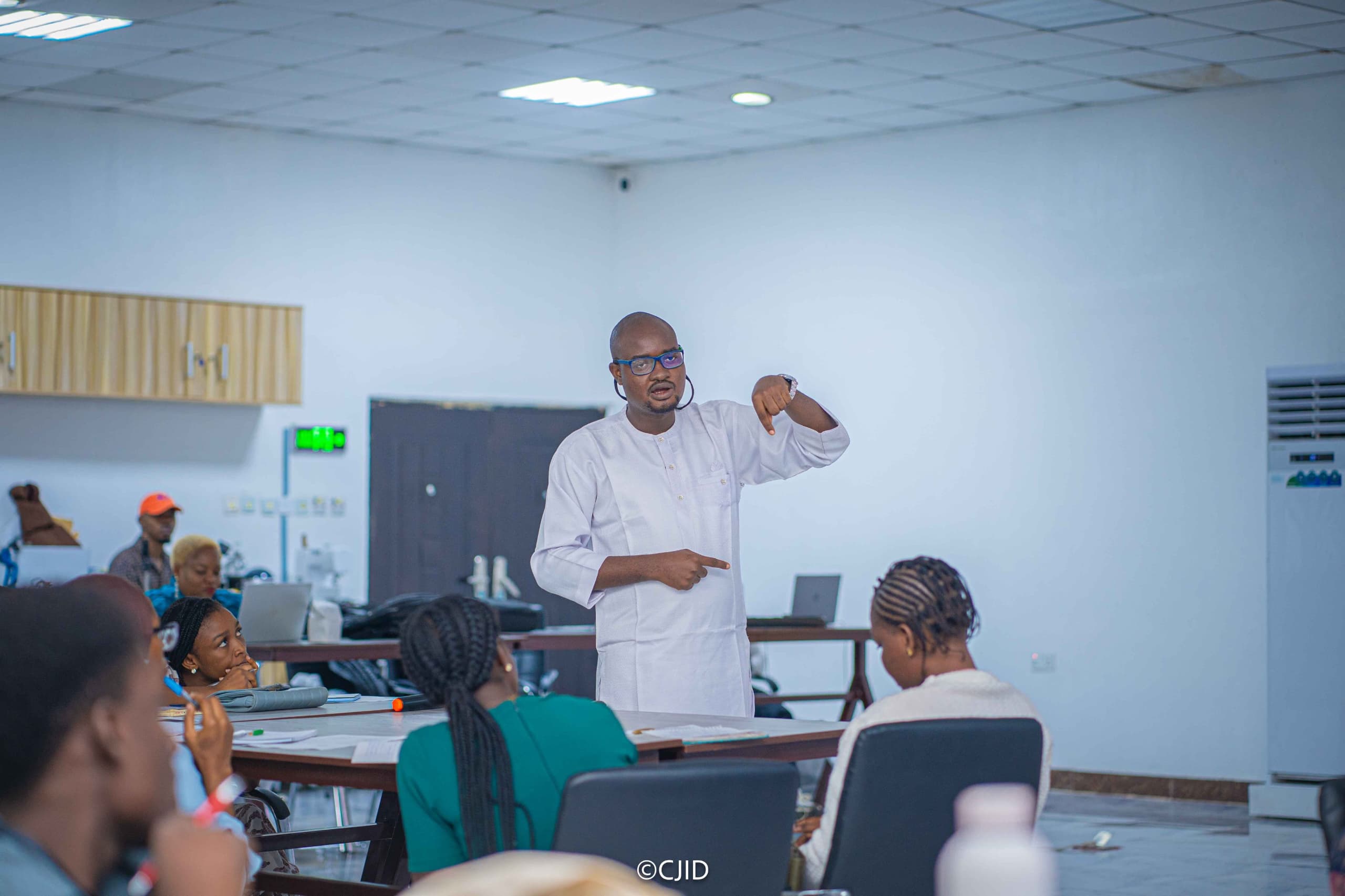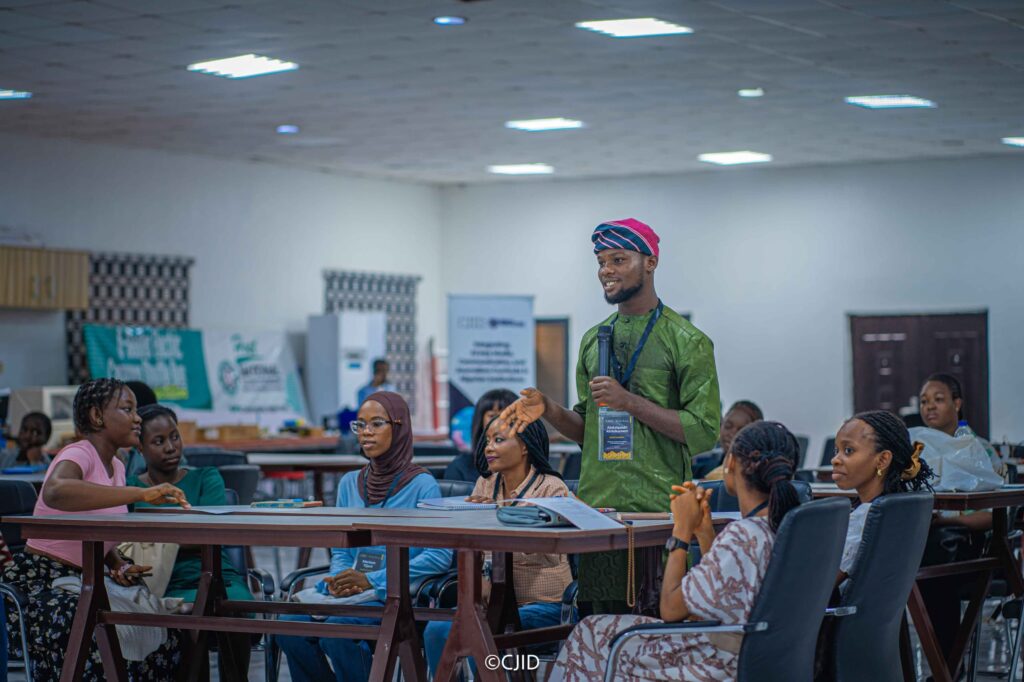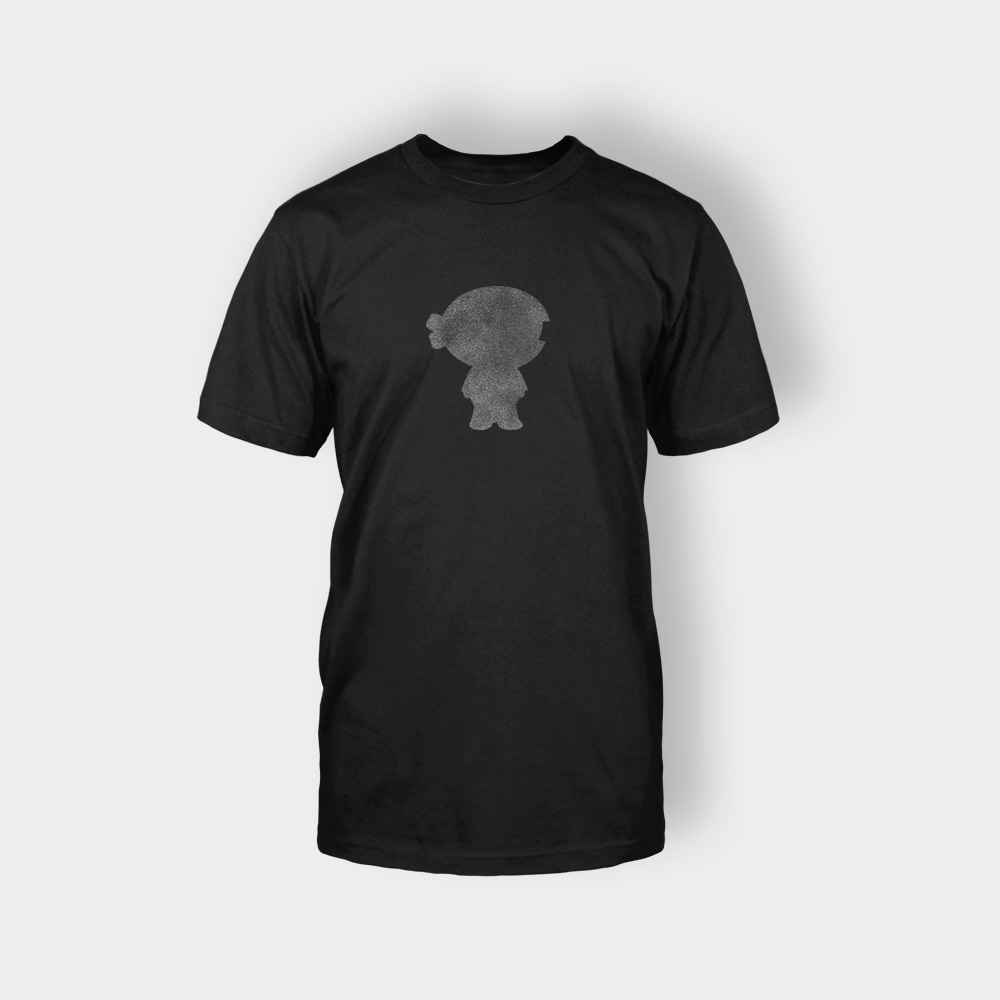“As a campus journalist, know that no story is worth your life or your studentship”
I looked up immediately from the note I was taking to focus on this statement by Kabir Adejumo, a renowned investigative journalist and researcher who was one of the facilitators at the campus journalists training by the Centre for Journalism Innovation and Development (CJID) held last week at the University of Lagos (UNILAG) in one of his sessions titled Investigative Reporting Essentials.
I turned sharply to share a surprised look with my seat partner who was already looking at me. “This is definitely something new and different” she said. I smiled and nodded quietly in agreement.
Reflecting on my six years of studying mass communication; no thanks to the 2020 nation-wide lockdown and the intermittent Academic Staff Union of Universities (ASUU) strike, I have always been taught how to be courageous and daring as a communicator. I have been encouraged to have a nose for news and see beyond the surface.

Adejumo explained at length on why it’s of utmost importance as a journalist to have the interest of the public at heart and this can not be effectively achieved if as a journalist, I am not taking the bull by the horn, going the extra mile to report what somebody somewhere wants unreported. He emphasized that the greatest impact a journalist can have is informing the public on what they do not know.
While these principles have guided and given me a leverage since I took special interest in the journalism aspect of mass communication, as a cub journalist and media enthusiast, it helped to also have the knowledge that my zeal to uncover the hidden truth, expose the rots in high places and to inform the public, should not override my personal safety and the security of my studentship.
In enlightening the 50 of us who participated in the training, Adejumo explained that keeping the people in power on their toes is not the same as stepping on their toes.
“Constructive journalism gives the solution to the problem you are reporting,” he said. In holding power accountable, a journalist according to him, should not only report the inadequacies of the authorities but to proffer possible solutions that they may be missing.
He stressed on the need to always tread carefully when holding power accountable, honouring anonymity, balancing all sides, ensuring public good and upholding the integrity of the profession by being accurate and truthful.
One major highlight for me in this particular session was that, one can live today to report another story tomorrow. I can only be referred to as a campus journalist as long as I remain a student of the institution. My passion to see the truth established must be wisely pursued.
Armed with this new wisdom, I drew in a slow breath and gently leaned into my black leather seat. I readjusted my sitting position as Iretomiwa Dele-Yusuff, the project officer at CJID introduced the next facilitator.


